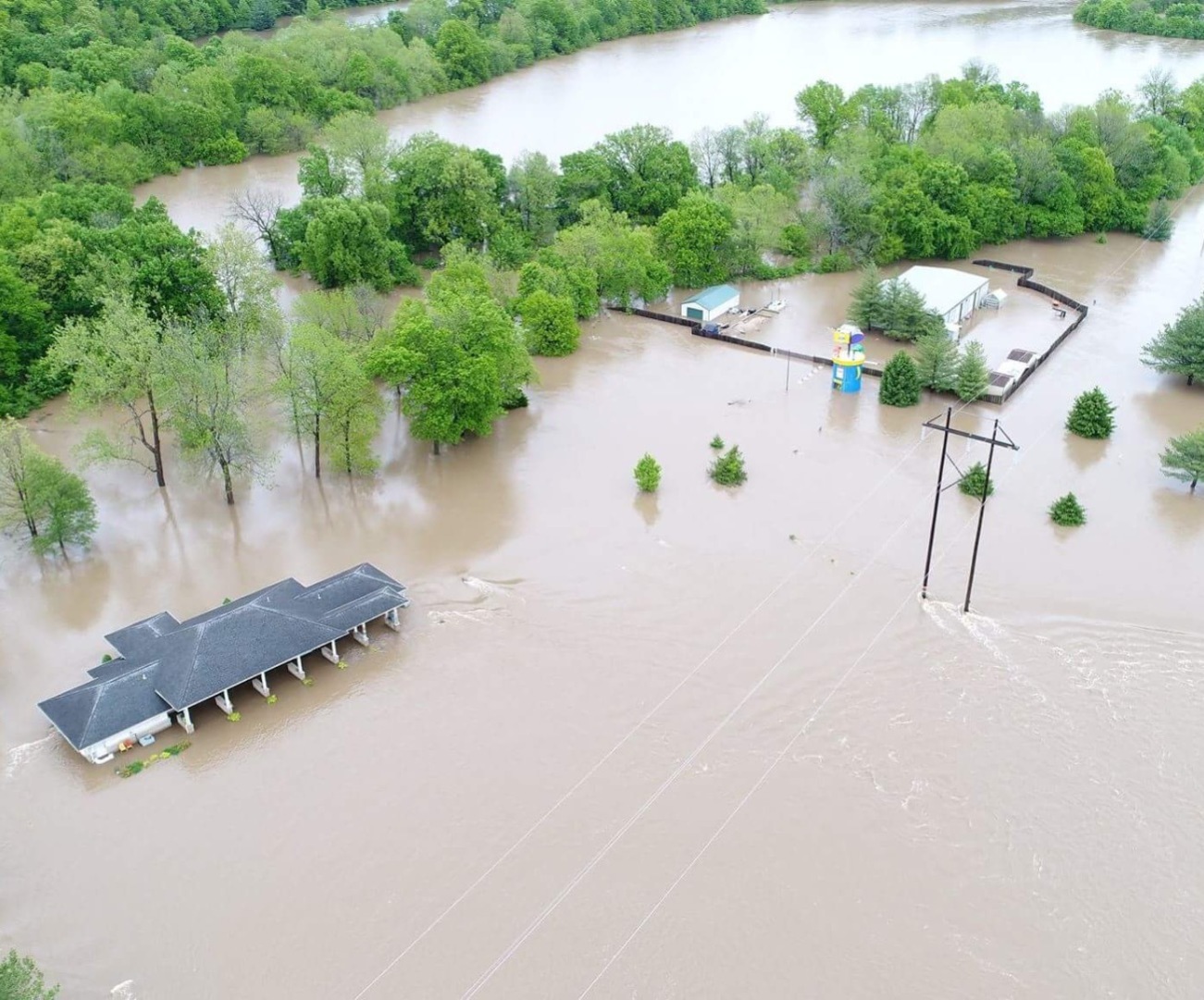2019 - reasons to be cheerful?
Posted on 18th January 2019 at 11:49
January 2019 and political uncertainty swirls around the globe. Brexit dominates the UK, the US Government is in the longest period of shutdown in its history, alarm bells are ringing on a global economic slowdown as the OECD warns that China’s exports have shrunk, and growth is slowing in the US, Germany, France, Canada and Britain.
In this maelstrom of insecurity and doubt, one thing is for sure – the changing climate will continue to be front and centre in the year ahead. Looking back at 2018 extreme weather was a dominant theme, from heatwaves across much of the northern hemisphere, with wildfires in Europe and the US, drought in the UK, floods in India and typhoons and tsunamis in south-east Asia.
According to the World Meteorological Organisation, last year was the fourth hottest on record and confirms a trend of rising temperatures giving an inescapable signal of climate change. Droughts, floods, high intensity storms and heatwaves, as well as rising sea levels are all expected to increase markedly as a result.

Towards the end of the year the Intergovernmental Panel on Climate Change published its starkest warning yet if climate change and rising global temperatures are not addressed. The latest IPCC report on the state of climate science was clear in spelling out the dangers of more than 1.5C of warming above pre-industrial levels.
Whilst 1.5 degrees sounds like an insignificant rise when you consider globally the temperature is already at nearly +1C, in climatic terms the extra half a degree pushes the planet into a perilous world with mass coral reef death, species extinctions, exacerbated levels of drought and flood, and huge declines in agricultural yields.
So – are there any reasons for confidence as we look to the year ahead? Well, yes, apart from being a natural optimist and a glass half full type anyway, there are significant changes happening in response to a combination of planetary stress and social pressure. JS Global anticipates amongst the top issues where progress will be made include:
Plastics and packaging – pressure to reduce usage will continue with single use becoming completely socially unacceptable. Since Blue Planet II catapulted the issue into our consciousness with its highly emotive images of the effects of plastic pollution on marine wildlife, consumers have started to robustly challenge companies on excessive packaging, and governments have introduced tariffs and bans on single use plastics. Behavioural change – the holy grail for brand dominance – has been the result, and ‘single-use’ was even named word of the year 2018 by Collins Dictionary. According to Sustainable Brands, online searches for plastic recycling increased by 55% last year.
Sustainable finance – tolerance for poor ESG performance is fast declining in the investor community. Mark Carney has estimated there is a $7 trillion opportunity in new green infrastructure. The TCFD framework provides a globally accepted set of recommendations supporting the transition to a low carbon economy, and the numbers of companies committing to it continues to grow. Even Private Equity is having to wake up and can no longer afford to stand by but will need to support top tier investors who understand where concentrations of carbon-rich assets lie in the value chain, and where the risk to future resilience and shareholder value lies.
Energy and decarbonisation – the energy revolution will get well underway in 2019, at both municipal and generator level, and also with commercial businesses adopting decentralised and decarbonised energy technologies. Increased use of Combined Heat and Power systems providing locally generated (off-grid) heat, power and – increasingly important – cooling will deliver good ROI, increasing long term resilience and climate change mitigation through decreased carbon and greenhouse gas emissions. Link this with smart battery storage, commercial digital control systems and increased regulatory pressure, and we should see carbon emission values falling with fuel bills going in the same direction.
Agri-trends – 2019 has begun with a wave of interest in vegan diets – in the UK Veganuary has the highest level ever of participants adopting a fully vegan diet for the first month of the year - and the impact of reducing meat consumption on both climate and health is being recognised as vitally important in addressing both climatic and wellness challenges.
Over the next few months JS Global will be talking to experts in these areas and will be posting insights on this blog from leading voices in business, finance, the media, sport and academia. We have an exciting line up including a global energy strategist, a BAFTA award-winning wildlife film-maker, an expert advisor to agri-business, a leading innovator in sustainable infrastructure, a brand guru and a world-renowned philosopher. Watch this space ………

Tagged as: 2019 trends, energy, finance, plastics and packaging, politics, social pressure, Veganuary
Share this post:

